The word “Education” means receiving and processing information. Therefore World Education means to receive and to process information about the world.
“World Education is plural and inclusive education about the world.”
Plural means more than one and inclusive means comprehensive and all included
We can learn some aspects of the world without necessarily having a connection to a specific country or region.
We must stop the hegemonic approach to international education where only some nations have center stage on their education systems, approaches to education, and terminologies many times imposing on other nations how to view their approach to learning. Inclusive education means every country, every religion, and every education system must be included.
WORLD EDUCATION responds to the question: what do you know about the world? do you have any knowledge that relates to a country other than your own?
EXAMPLES: One can expand their knowledge of the world through various examples of world education. These examples may include studying the flag of Serbia, exploring the language of indigenous peoples (Pueblos Originarios) in Argentina, understanding the diverse religions practiced in Egypt, and delving into the complexities of global education and its impact on the environment. These diverse elements, ranging from general knowledge to more specific topics, contribute to an individual’s understanding and learning about the world.
There are many definitions to describe education in connection to the world. If we look at definitions in the world context, it is very confusing how all of the terminologies about the world are used without distinction. It is alarming how these definitions are “mixed” in the educational context;- a context that should build a framework of reference, thus creating a need to tidy up our knowledge of the world.
In order to foster a truly inclusive and diverse educational landscape, it is imperative that we challenge the hegemonic notion of defining world education solely based on the perspectives of so-called “developed” countries. Instead, let us strive for a consensus that emerges from a meaningful dialogue among nations. By embracing this counter-hegemonic approach, we acknowledge that every nation has a vital role to play in shaping the definition of world education. Together, we can create a more inclusive and equitable educational framework that truly represents the collective aspirations of all nations.
There are many definitions to describe education in connection to the world. If we look at definitions in the world context, it is very confusing how all of the terminologies about the world are used without distinction. It is alarming how these definitions are “mixed” in the educational context;- a context that should build a framework of reference, thus creating a need to tidy up our knowledge of the world.
What are the different definitions of education and the world?
EDUCATION ABOUT THE WORLD CAN BE DIVIDED IN THE FOLLOWING SEVEN CATEGORIES:
Below is what I use as my preferred frame of reference as to how to learn, understand, and include the world as a learning canvas

1- Global Education
Global Education is learning about issues that encompass and concern the globe; the whole world.

2- International Education
International Education relates to the mobility of students and scholars or an exchange of information and ideas.
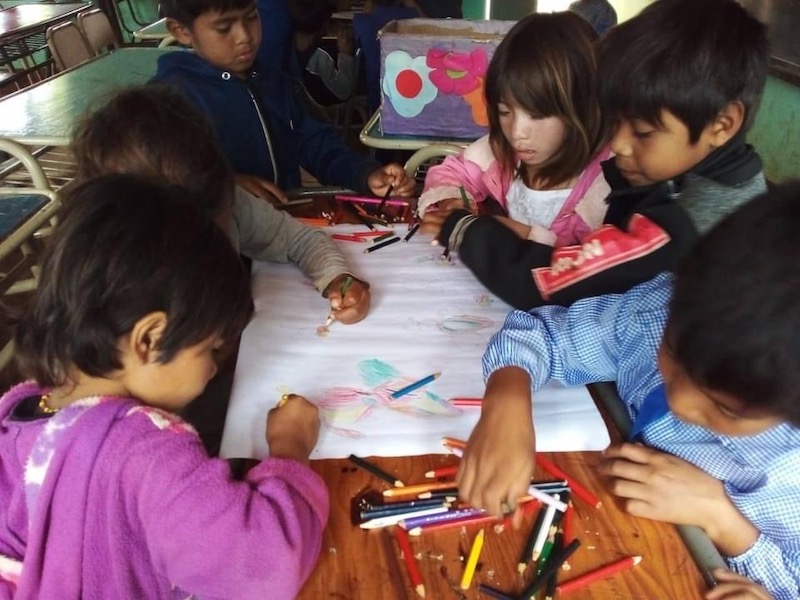
3- Cultural Education
CULTURAL EDUCATION is the teaching and learning about the culture of a particular group of people.

4- International Development Education
International Development Education is a methodology in the field of international education that investigates and aims to solve issues – at all levels – of societies to work on improving people’s unequal conditions.

5- Global Poverty Education
Global Poverty Education is learning about how poverty affects the quality of life and education. It studies the limitations of these populations to create opportunities for access to education to improve their conditions.
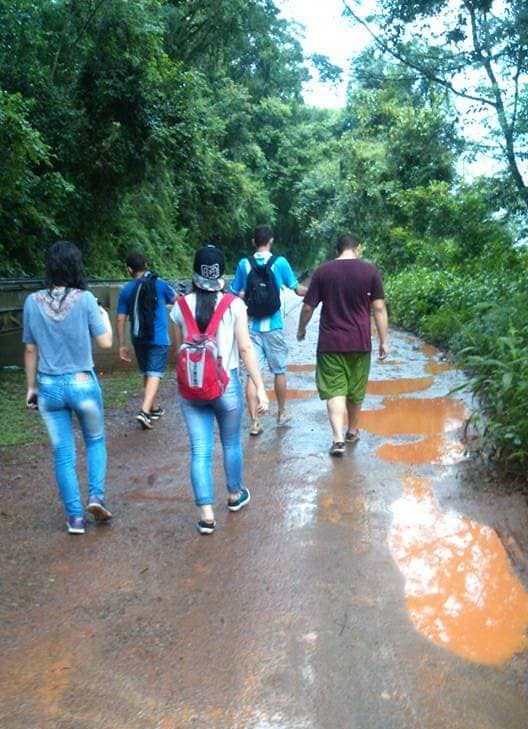
6- Global Volunteer Education
Global Volunteer Education is the teaching of and learning how to do volunteer work at an international level.
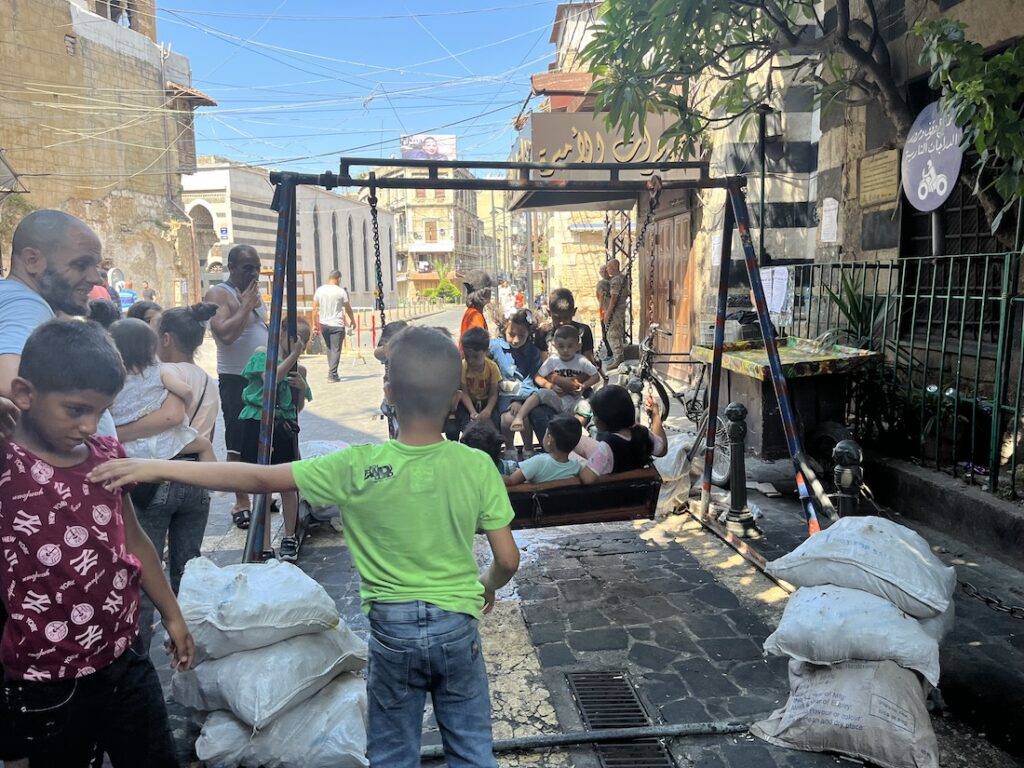
7- Universal Education
The term “universal education” is used in the context of equal access to education, for everybody in the world, as people’s similar ability to have access to education
FOSTER Inclusive and Plural education around the world
In order to foster a truly inclusive and diverse educational landscape, it is imperative that we challenge the hegemonic notion of defining “world education” solely based on the perspectives of so-called “developed” countries. Instead, let us strive for a consensus that emerges from a meaningful dialogue among nations and acknowledge that the so-called “developed nations” have a lot to learn from education systems that do not market their educational environments. By embracing this counter-hegemonic approach, we acknowledge that every nation has a vital role to play in shaping the definition of world education. Together, we can create a more inclusive and equitable educational framework that truly represents the collective aspirations of all nations.
Each WOrld Education Definition Category is explained below
1-Global Education

Global Education is learning about issues that encompass and concern the globe; the whole world. It is an adjective that is still not used. It is an issue that can affect positively or/and negatively our planet; our Globe. A concept or action that includes all, a comprehensive approach to Education.
Examples of global education can be Global Warming, the COVID-19 Global Pandemic, Habitat Destruction, etc. An example of global education would be an action or agreement that includes all people in the world, such as UNESCO’s (a United Nations Organization) Education for All which states that Education is a human right that has equal access and quality for all.
If you use a global perspective in your work or ideas where you aim to include everybody you are using a GLOBAL framework.
2-International Education
International means what is between or related to more than one nation. International education then means knowledge that connects to one or more nations related to Education.
International Education relates to the mobility of students and scholars or an exchange of information and ideas. It does not require a person to be physically in the nation with whom there is a connection. International Education linkage agreements and understandings are of many sorts.
Examples of International Education can be an exchange between scholars from one country and another, a study abroad program, writing a scholarly article between two professors from two nations, learning pedagogy from a different country, taking a class focusing on a different world region, etc.
Unfortunately, the terminology has been – still is -many times misused
If you use an international perspective in your work or ideas, where you establish links and or conclusions based on one or more nations, you are using an international framework.
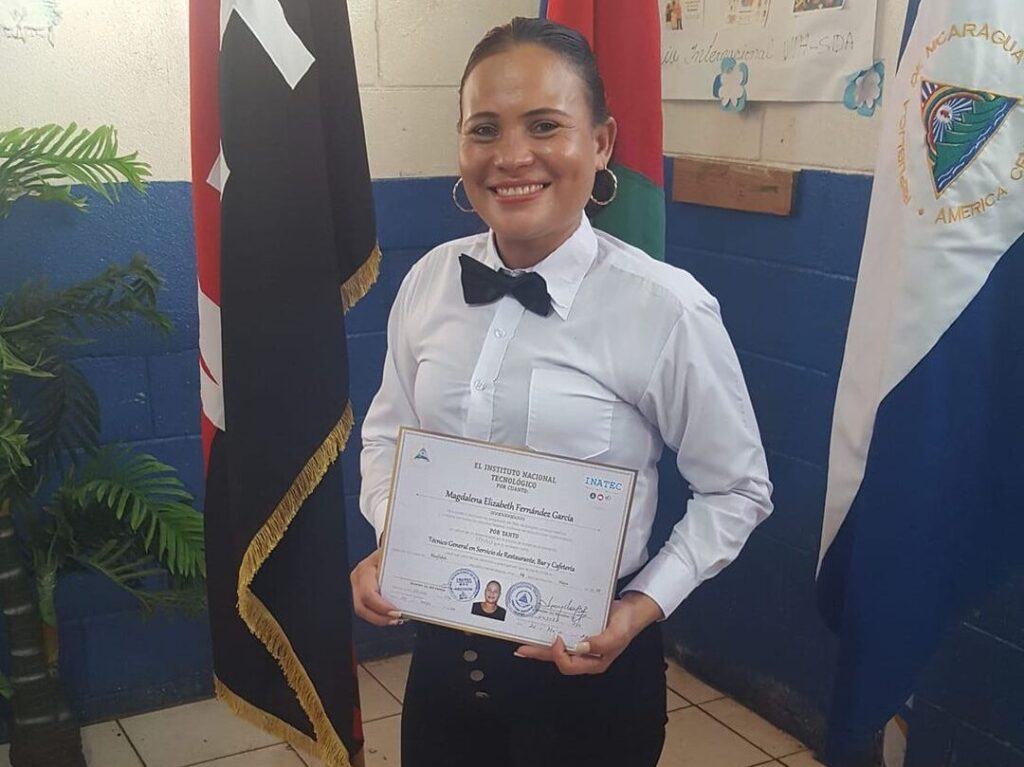

International Education is evolving, we still have a long way to go to make the concept equitable. The field has a robust, proven theoretical framework that has not been completely understood. The standards of International Education must be much higher. Let’s not forget that International Education is an area of education that has been a trend for a while, and has grown very rapidly. Unfortunately, it is a field partly developed by some with not sufficient expertise in the area. As a consequence, terminology and extrapolation from areas that are decontextualized have done more harm than good. Many jumped on the bandwagon that advertised schools, programs, and ideas where students could acquire international and cross-cultural skill sets that in the end, they barely recognized.
International means what is between or related to more than one nation. International education then means knowledge that connects to one or more nations related to Education.
3-Cultural Education (also called Culture Education)

Native GUARANÍ MBYA children
Cultural Education is education about “a culture“ a form of expression and a way of life of a group of people. Culture is the set of shared patterns of customs, arts, language, behavior, and a set of rules that define what is right and wrong. In today’s globalized world, cultural education has gained popularity in some schools worldwide as a means to explore and understand different cultures within a single society. For instance, students in a US classroom may delve into the vibrant Mexican music style and rich traditions, broadening their horizons and fostering cultural appreciation.
Terminology: CULTURAL EDUCATION is the teaching and learning about the culture of a particular group of people.
If you use a global perspective in your work or ideas where you aim to include everybody you are using a GLOBAL framework.
4- International Development Education
Global Development Education, also at times called International Development Education, aims to improve the lives of others. How to do this? By understanding people’s environment, financial resources, health situation, social placement, political situation, natural environment, and a very important component; deep knowledge of a culture. Once we learn about these issues, we can take action together with the ones in need to improve conditions towards equity.
Here is my definition of global education:
International Development Education is a methodology in the field of international education that investigates and aims to solve issues – at all levels – of societies to work on improving people’s unequal conditions


The word “development” means to progress, to improve. Development Education means improving the quality of life through education. Sometimes the word development has a bad rap because people confuse it with “underdeveloped countries” (an awful term that should have been abolished a while back). When some people hear the word “international development,” they think about children going hungry (in many cases, it’s true) having a negative connotation. However, the word “development” has a positive meaning because it aims to empower progress and improve a situation. Just as thinking about a “developed child” has a positive connotation like growth, the same goes for global development.
5-Global Poverty Education

This is my own definition that assisted me in my work with some communities. Poverty is the most important reason why a child can not attend school.
Global Poverty Education is learning about how poverty affects the quality of life and education. It studies the limitations of these populations to create opportunities for access to education to improve their conditions.
The participation of children in schools not only provides knowledge to expand opportunities,s but also develops a person’s contributions to the growth of their communities.
It is similar to development education in that it is aimed to improve situations, but it works more closely with the ones affected, and it can be serviced at all levels (meaning anyone can participate in improving the situation!).
6- Global Volunteer Education
Volunteer Education is the teaching of and learning how to do volunteer work at an international level. Education at this level means learning different types and styles of education such as Culture Education and reflection methodologies, to consider the experience educative.
The term volunteering means that a person or group decides strictly voluntarily to benefit a cause of a group, a person, and or an organization. The activity has no monetary compensation, and it can be a one-time event or a long-term commitment. The point is that it is optional, by choice, to assist a need with no financial gain at an international level to gain specific learning outcomes.


7- Universal Education

The utilization of the phrase “universal education” appears rather peculiar and excessively ambitious, as we lack comprehensive knowledge of the entire universe to categorize education as universal. Instead, it would be more appropriate to reframe the objective as “global education.” By confining our efforts to the establishment of world education that is accessible and free for all individuals across the globe, we acknowledge the extensive journey that lies ahead before we can truly embrace the concept of universal education.
The term “universal” is used in the context of equal access to education, for everybody in the world, as people’s similar ability to have access to education. Until we populate or we unite forces with extraterrestrial beings, Education for the Planet is a much more appropriate term.
Definitions for Education and the World MUST be inclusive
THE DEFINITION OF WORLD EDUCATION
SHOULD BE COUNTER-HEGEMONIC this means that we don’t use only one definition used in the so-called “developed” countries of the world but we have a consensus of one definition that is a result of a dialog of all nations. This means that we are all part of a definition
Only broad-based definitions which include, or aim to include, all nations will positively impact the world.
WE NEED A NEW CONCEPTUAL APPROACH AND FRAMEWORK
We need to reframe the conceptual hegemonic approach and framework to the world. Education about the world has been deeply rooted in ideas and concepts from the same side and the same key players, the same knowledge base always from the same side of the world.
We have been robbing countries and educators of the capacity to reach great potential by allowing someone else to dictate their self-worth. It is about time these people and nations take a step back and learn from the other nations who have plenty to contribute and have no resources to advertise their knowledge base which they have in great numbers.
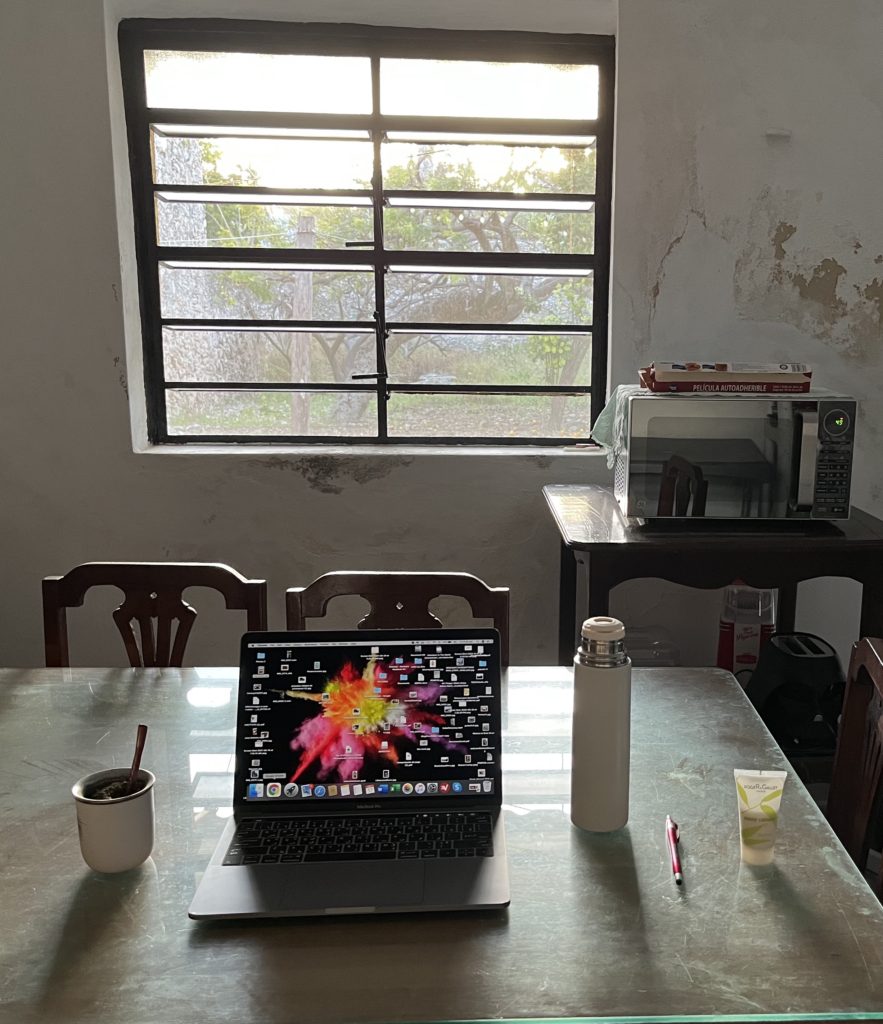
There has been a hegemonic, one-sided, approach to definitions without including the main component of its usage and jargon, all nations and all worldviews.
DEFINITIONS FOR THE WORD “Education” WITHIN WORLD’s CONTEXT MUST BE INCLUSIVE AND BASED ON KNOWLEDGE
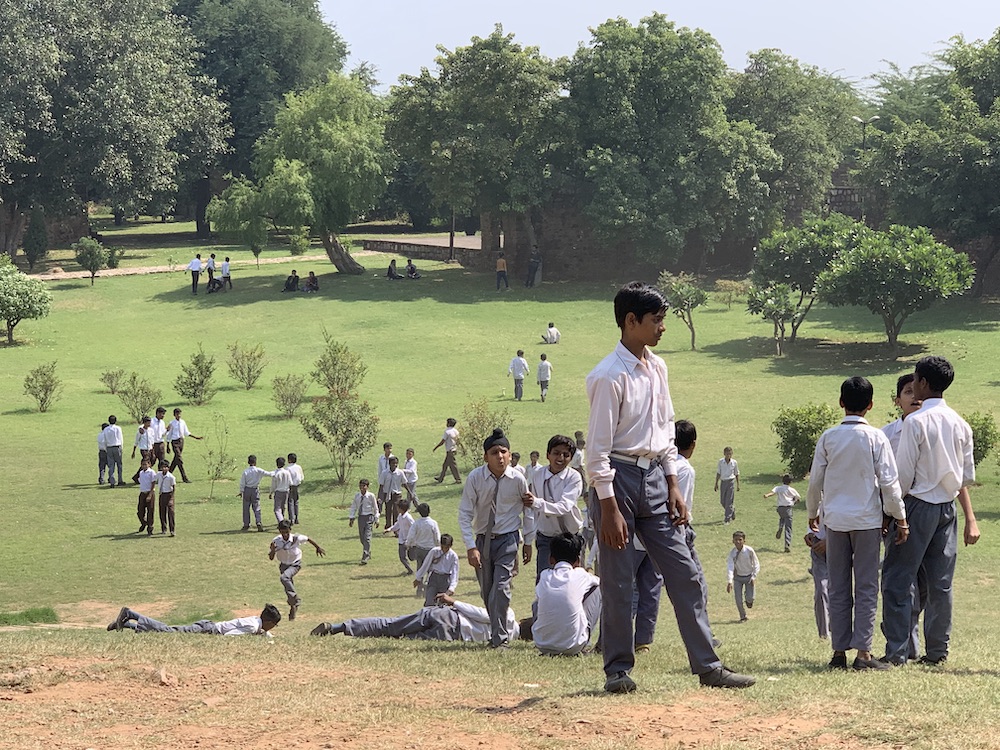
The Universal Declaration on Human Rights, adopted in 1948, proclaims in Article 26: “Everyone has the right to education.” Therefore International human rights law guarantees the right to education.
Learning is a human right and one that must be taken seriously, with the knowledge base granted by Education.
